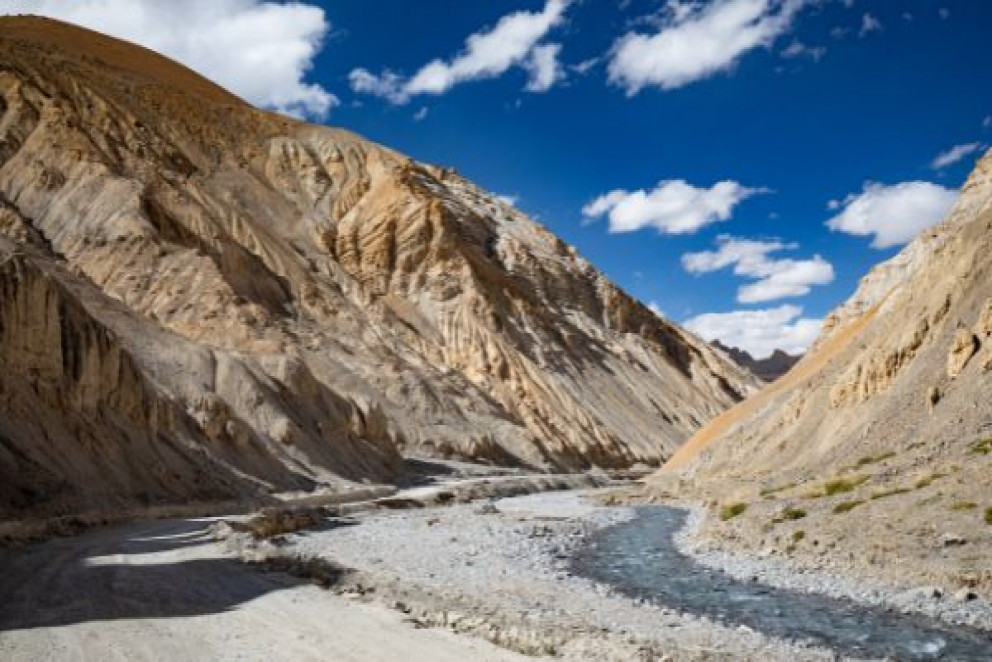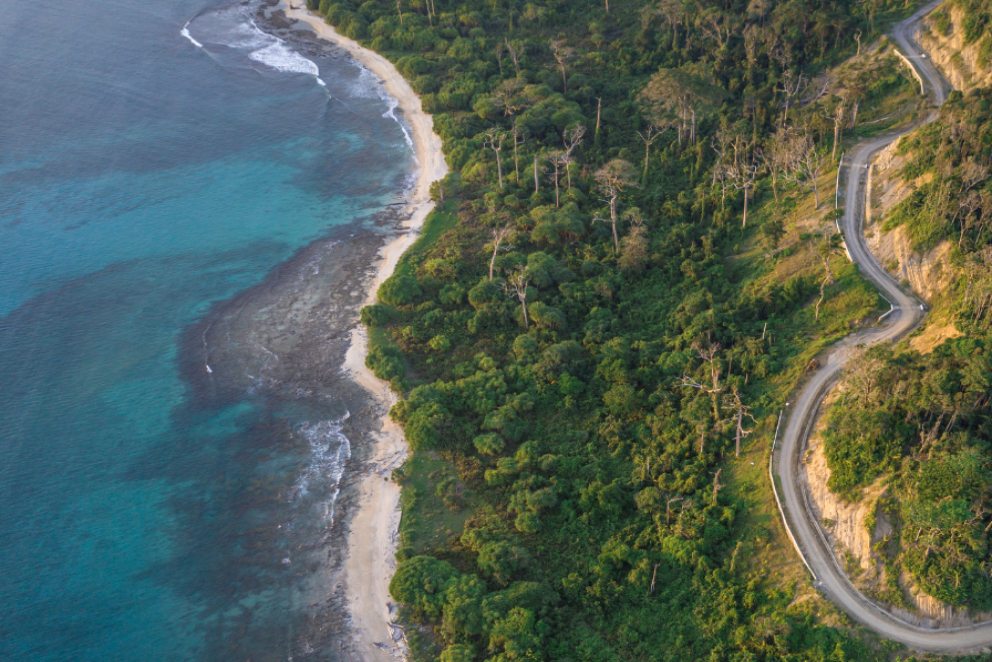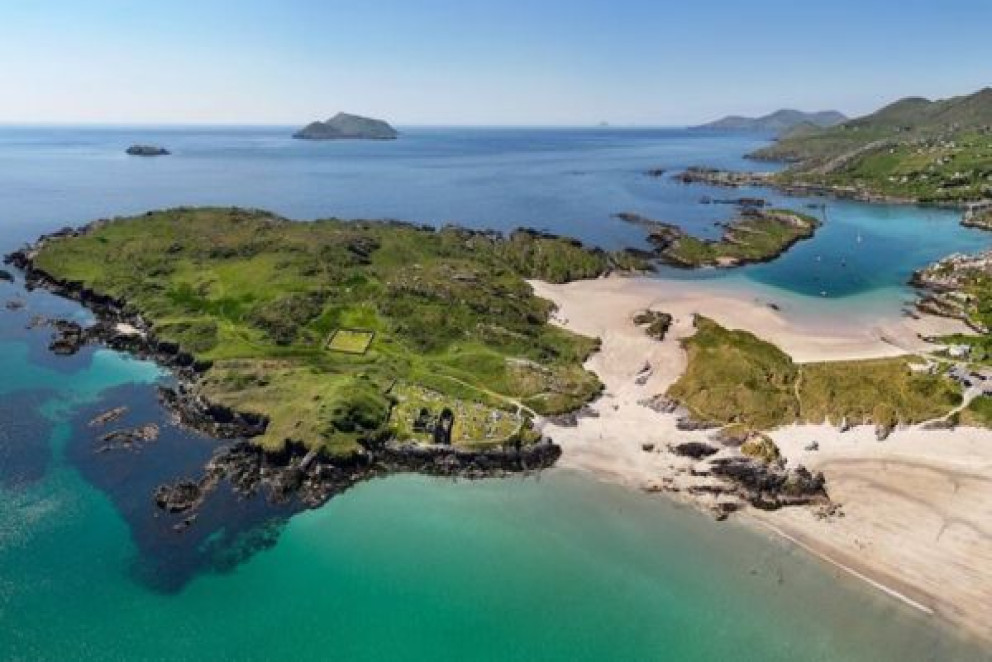Blog Details

Ladakh to promote sustainable tourism
The idea is to buy male and female hybrids, wild Yak (Bos mutus), and domesticated Yak (Bos grunniens) from the Pangong Valley and give them away to the nearby valleys of the Lalok region.This practice will help to multiply the stronger and healthier genetic breed of the wild Yak in the Valley. Yak plays a key role in the lives of Ladakhis, one of the few communities in the world known for their peace-loving way of life.
Ladakh is the land of high mountain passes and cold deserts, among which live the maroon-robed Lamas reading the beads of their rosary or golden-brass prayer wheels in their hands, quite disconnected from the world but well connected with themselves.
Today the Central government has set an underlying tone of welcome in this region by opening up the Nubra Valley and Siachen Glacier to the rest of the country.
Ladakh is bordered by the TAR (Tibetan Autonomous Region) and Aksai Chin in the East, J&K Union Territory and the Pakistan-occupied Gilgit-Baltistan region to the West, Himachal Pradesh to the south, and Xinjiang (China) across the Karakorum pass to the North.
In a remote corner of Ladakh lives a tribe in seclusion – The Brokpas of Ladakh. Having more Eurasian features like aquiline noses, high cheekbones, fair complexion, big eyes, and fuller lips – they are easy to spot among the more ‘Mongoloid’ Ladakhi communities and tribes.
A little farther than 180 km from Leh, on the banks of the Indus River, the Brokpas inhabit the villages of Dah, Garkan, Hanu, and Darchiks. They are a wonder to the outside world. Lore has it that these people are the direct descendants of Alexander’s army who did not leave India or got lost; hence they perceive themselves as pure Aryans.
Some elders of the tribe claim that they are the Dards from Gilgit-Baltistan who made this cold desert their home some 2000 years ago. They are fluent in Shina, a language spoken in Northern Pakistan. According to eminent anthropologists, the Dards of Ladakh can be traced back to 5000 years, making them one of the oldest human beings in this part of our sub-continent.
Gurez valley of Kashmir is also home to a civilization of Dards. The only difference is that Gurez dwellers are primarily Shia Muslims and Ladakh Dards practice Buddhism.
Imagine waking up in a stone house nestled in the canopy of tall trees carpeted in heavy green, the sound of bleating goats, a stream flowing in the backyard, a fertile field at your arm’s length, and the mighty Himalayas contrasting against the blue skies. This is the idyllic life of these hamlets where the Brokpas live; filled with nature’s wonders and no cares for the outside world.
Until about the early 1990s Brokpas probably never stepped out of their villages! These days some members of the tribe are moving to nearby towns for formal education and stable jobs.
Brokpa women wear their hair long and braided, with elaborate floral headdresses known as Tepi. The flowers contain medicinal properties and come in handy for daily use. One such element of the headgear is months tho (an exotic flower), a bright orange flower that a woman is incomplete without. Heavy silver jewellery (to ward off evil spirits), sheep skin capes and pherans, and coins adorn their costume. Men mostly wear maroon robes and waistbands.
The villages have green pastures, and Barley, Buckwheat, Tomatoes, and Apricots grow wildly. The tribe makes delicious apricot wine.
The Brokpa Dards worship the mountains, rivers, and the land that gives them life. Though they are Buddhists, they follow an animist religion – Bon. Like the Hindus, Bon followers also visit Mount Kailash as they hold Lord Shiva in great reverence.
Brokpas marry within their community because they are obsessed with purity and the preservation of their genetics. As of today, they are about 2000 in number. Polygamy and Polyandry are common practices, but they marry after three generations of relation. Those who marry outside the tribe are shunned. Europeans take a keen interest in Brokpas. Some German women singularly visit Ladakh in the hope to procreate with a Brokpa man for a pure-bred Aryan child.
Though they live and thrive in isolation from mainland India, they are proud Indians. In the 1999 Kargil War, Brokpas helped the Indian army navigate through the punishing mountains of the region, helped them carry goods, and offered them their homes and resources.
Remembering the war, an elder Brokpa, Konchuk mentions, “No man in the tribe returned home during the six months that the war happened”. They are a proud race. Centuries earlier when Tibet attacked the region, the Brokpa chieftain Shali chose to die than submit to the Tibetan King’s demand for the tribe to do free labour.
After Ladakh was transformed into a UT, hotels, restaurants, bike shops, and new camping grounds open every day waiting for families and groups of friends that desire an offbeat adventure.
Development is taking place at a lightning speed, with efficiency and modern solutions.
To tackle the problem of increasing plastic waste and preserve ecology in the Himalayas about 10 per cent of the bituminous roads in the region will be constructed using plastic. On July 11, the Rural Development Department of Ladakh in collaboration with the Central Road Research Institute (CRRI) organized a planning and training session for engineers for this purpose.
Besides its varied topography, Ladakh is a wonderland of fairs. The sights, colours, and sounds are unique to this land. They are an amalgamation of the cultural richness of different communities and tribes of the area. Traditional folk dances, storytelling, local sports like polo and archery, exhibitions of Thangka, handicrafts, monastic dances, gastronomic experiences, and local Chang (liquor) testing sessions are the attractions of the fair.
Those who have tasted Ladakh at its finest swear by the Ladakh Festival which takes place annually in September.
In May, Ladakh also witnessed its first-ever three-day International Music Festival in Leh.
Local bands and troupes from across the country and international DJs performed at this event. The event was in remembrance of soldiers who sacrificed their lives for the nation. The UT status of Ladakh has granted it the breathing space to grow and find its own unique identity for the world to see.
To tackle the problem of increasing plastic waste and preserve ecology in the Himalayas about 10 per cent of the bituminous roads in the region will be constructed using plastic. On July 11, the Rural Development Department of Ladakh in collaboration with the Central Road Research Institute (CRRI) organized a planning and training session for engineers for this purpose.
Besides its varied topography, Ladakh is a wonderland of fairs. The sights, colours, and sounds are unique to this land. They are an amalgamation of the cultural richness of different communities and tribes of the area. Traditional folk dances, storytelling, local sports like polo and archery, exhibitions of Thangka, handicrafts, monastic dances, gastronomic experiences, and local Chang (liquor) testing sessions are the attractions of the fair.
Those who have tasted Ladakh at its finest swear by the Ladakh Festival which takes place annually in September.
In May, Ladakh also witnessed its first-ever three-day International Music Festival in Leh.
Local bands and troupes from across the country and international DJs performed at this event. The event was in remembrance of soldiers who sacrificed their lives for the nation. The UT status of Ladakh has granted it the breathing space to grow and find its own unique identity for the world to see.
Source : Travel Trade Journal



